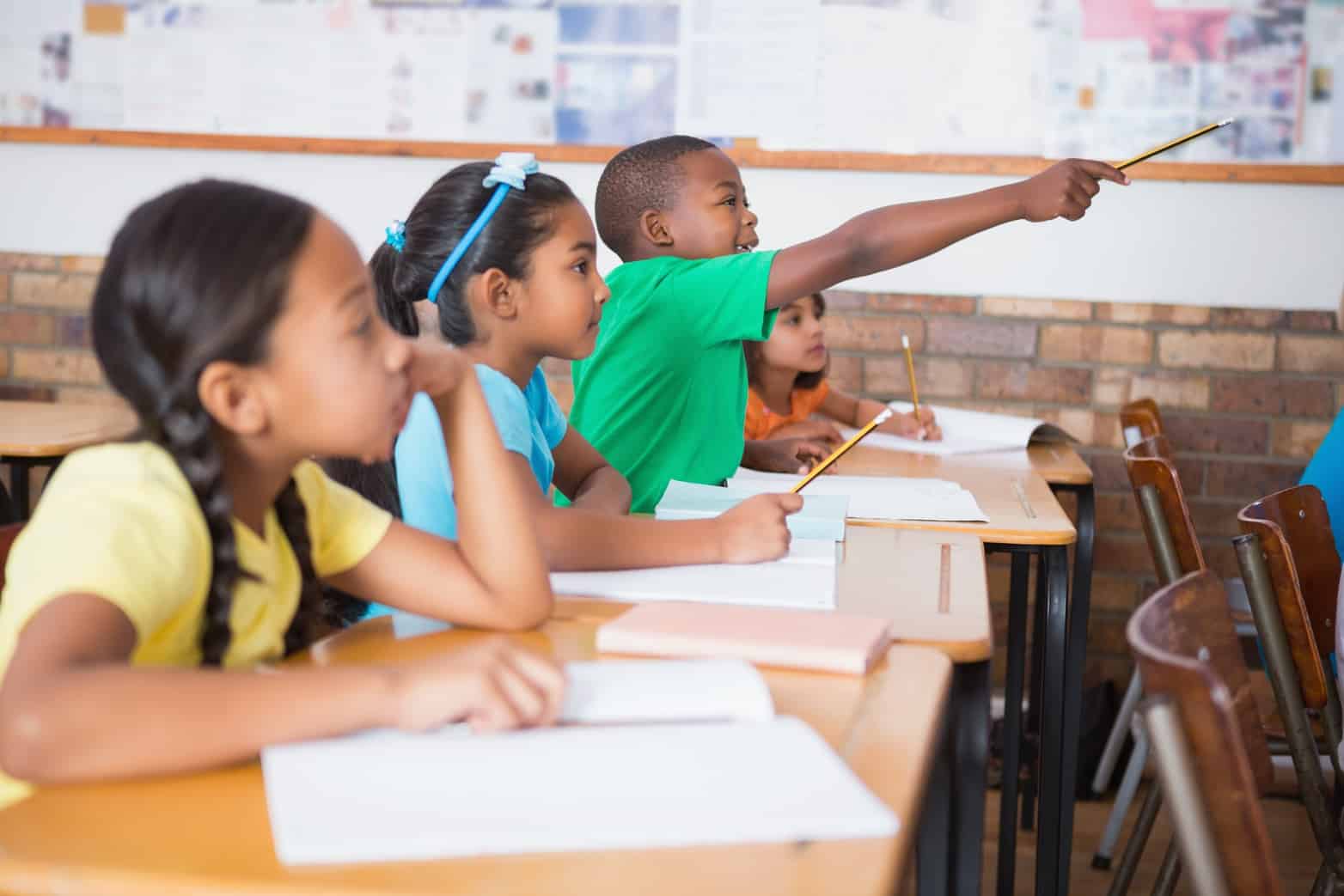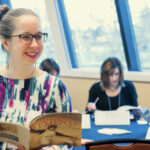We know teachers are among the hardest working people in the work world. We’ve lived the life of elementary teachers. You name it, teachers are doing it: caretaking, building relationships with kids and families, prepping lesson materials, reviewing student work, meeting with colleagues, filling out form after form of required paperwork for this and that–if you’re not a teacher, you get the picture. If you are a teacher, you’re mentally adding at least 17 items to this list.
We want to feel confident that we are doing everything we can for each and every child in our care to be successful. But…how do we know? As practitioners, we need to be able to rely on those in the research field with the time to carefully and precisely assess particular instructional approaches to guide us in making the decisions that are most likely to impact the literacy trajectory of our students.
Recently, a group of reading researchers looked closely at the materials from Teachers College Units of Study in Reading, Writing, and Phonics published by Heinneman. The Teachers College materials are widely used (more than 16% of teachers nationwide use it)–not just by schools who purchased the Heinemann resources but also by those who have learned from the Teachers College approach and created their own modified versions of balanced literacy. The goal of the report was to determine how well this approach to practice matches the research base in four key areas: foundational skills, text complexity and language development, building knowledge and vocabulary, and supports for students learning English. The report is the first in a series of reviews comparing reading research to different instructional models, with Units of Study representing what is commonly known as a workshop model.
We know preparing lessons and making decisions based on students’ needs will always be at the top of the list of things teachers do. No curriculum is perfect and no curriculum on its own can ensure that we do right by all of our students. But what can we learn from research to improve our practice and the impact we have on our students each day?
What did the researchers find when they looked at Units of Study?
Users of the program won’t be surprised to hear that the materials were called “beautifully crafted” and “charming.” The focus on loving to read and creating the habits of lifelong readers and writers was also called out by the review. These reflections match our own as users of the program.
The researchers focusing on text complexity pointed to concerns about access to rich text. In K-2, the texts used as read aloud were found to be neither rich nor robust enough. They did not contain the language and knowledge our youngest students could and should be soaking up. In grades 3-5, the texts teachers use to model a lesson were sufficiently complex, but students don’t have these texts in their hands, and so cannot begin to reap the full benefits of these texts. On top of this, students from kindergarten through grade 5 spend most of their time reading texts “at their level”–meaning that those students who face challenges with reading are set up to constantly read texts for long periods of time that are less rich and at lower levels than their peers who read with greater ease. As a result, the researchers “concluded that only children already reading at grade level would be likely to gain the reading muscles needed to continue to progress.” That was our experience, too: when certain of our students spent so much time reading books far below grade level while their peers read rich grade-level or above books, they rarely, if ever, caught up.
This concern was amplified when it came to building knowledge and vocabulary. Outside of those units focusing closely on nonfiction topics, the researchers found that knowledge and vocabulary were not built systematically. This rings true to us as we think about the efforts we made to pull together sets of knowledge-building texts to support individual students when writing research in our writing workshop, or to fill book baggies for independent reading. While the program does offer an optional set of classroom library books for purchase, it acknowledges that many schools may choose not to purchase the library (it’s pricey) and asks teachers to find books on their own–leading to very different experiences for students depending on what books end up in the classrooms.
We were excited when we heard that Teachers College (TC) was coming out with Units of Study in Phonics in grades K-2. These units are new to TC and, while the reviewers found adequate fluency support and lively and engaging lessons overall, they noted some serious concerns, including insufficient time allocated to systematic phonics instruction, use of “meaning, structure, visual (MSV) guidance”–also known as three-cueing, which is at odds with new research on instruction, and limited guidance and support for students (and teachers) as identified through assessment.
Finally, attention was spent on supports for English Learners. The overall note here is that “there are inadequate and insufficient explicit supports integrated into the activities, lessons, mini-lessons, and assessments themselves.” Again, this raises a concern for teachers that students may have different experiences with the program based on how well the program meets their needs.
So what do we do?
First, take a moment to consider how you feel. Give yourself time to take a beat, a step back, or a pause as you consider the very personal work you are being asked to examine. Whether you use Units of Study or not, you may recognize some of the challenges of the program in the approach you follow. What resonated with you?
And then, let’s do what teachers do: learn, regroup, and consider what this means for our practice and our kids. Start by doing a deep dive into the full review. You may be able to do this with colleagues, in staff meetings, at a PLC, or by finding your people through educator forums online. Engage with others who have made a commitment to keep learning together. Celebrate and amplify your successes! Where do the findings highlight a research-based practice that you have incorporated into your classroom? Share it with others. Where is a concern noted that you can learn from, account for, or adjust? Is there one of the items on your endless to-do list that can be altered, so that you are not working harder but working better?
As you think about your classroom, or the classrooms you support, consider this question: Are you satisfied with the reading and writing outcomes of each one of your students? For us, and we’re guessing for you, that answer has always been “not yet.” And so our work is not done. We have more to learn and more to do to fulfill the promise that schools make to kids and families: that we will teach your child to read and write at high levels, to love literacy, and use it to empower themselves and those around them. This report presents an opportunity to all of us to think about what we might do differently–how we can make strategic adjustments in our practice that compensate for ways our curriculum may not be serving students– to get the results we so desperately want. Results that could make all the difference for our students. Let’s commit to learning from this work together and to considering the evidence that has shown most likely to benefit all kids. Let’s do this.

















